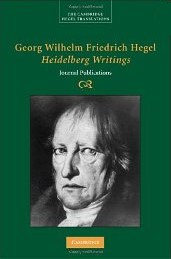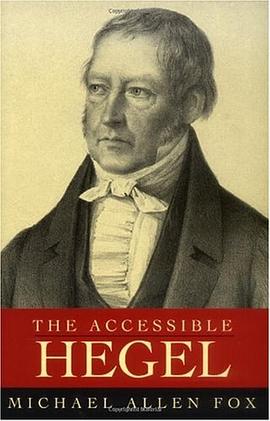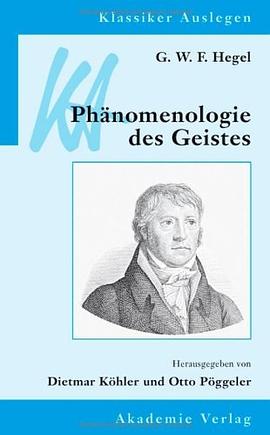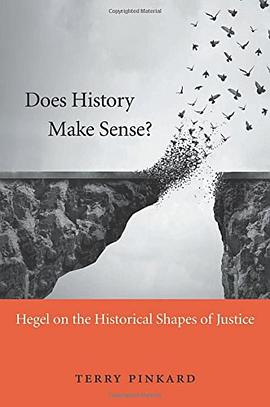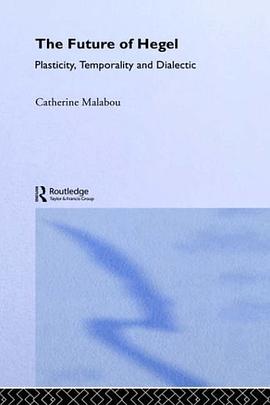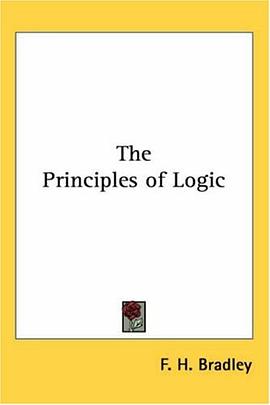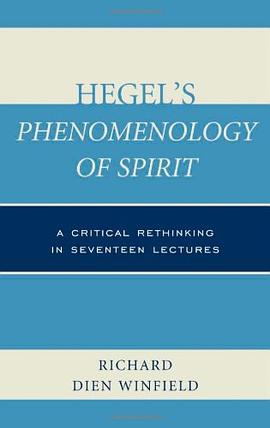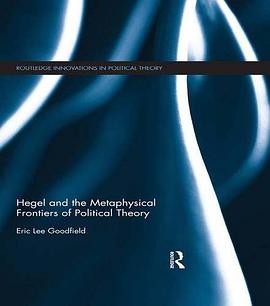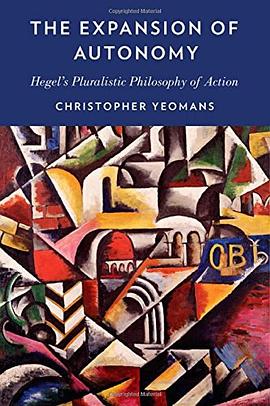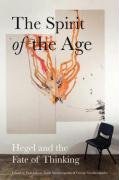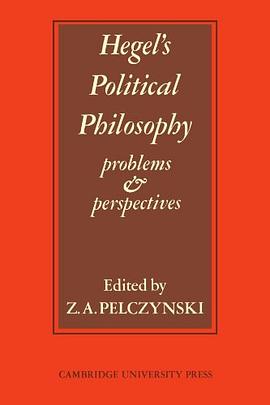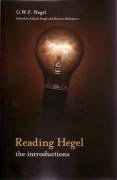

Bringing together for the first time all of G.W.F. Hegel's major Introductions in one place, this book ambitiously attempts to present readers with Hegel's systematic thought through his Introductions alone. The Editors articulate to what extent, precisely, Hegel's Introductions truly reflect his philosophic thought as a whole. Certainly each of Hegel's Introductions can stand alone, capturing a facet of his overarching idea of truth. But compiled all together, they serve to lay out the intricate tapestry of Hegel's thought, woven with a dialectic that progresses from one book to another, one philosophical moment to another. Hegel's reflections on philosophy, religion, aesthetics, history, and law-all included here-have profoundly influenced many subsequent thinkers, from post-Hegelian idealists or materialists like Karl Marx, to the existentialism of Kierkegaard and Jean-Paul Sartre; from the phenomenological tradition of Edmund Husserl to Martin Heidegger, Jacques Derrida and other post-moderns, to thinkers farther afield, like Japan's famous Kyoto School or India's Aurobindo. This book provides the opportunity to discern how the ideas of these later thinkers may have originally germinated in Hegel's writings, as well as to penetrate Hegel's worldview in his own words, his grand architecture of the journey of the Spirit.
具体描述
读后感
评分
评分
评分
评分
用户评价
相关图书
本站所有内容均为互联网搜索引擎提供的公开搜索信息,本站不存储任何数据与内容,任何内容与数据均与本站无关,如有需要请联系相关搜索引擎包括但不限于百度,google,bing,sogou 等
© 2025 book.wenda123.org All Rights Reserved. 图书目录大全 版权所有



